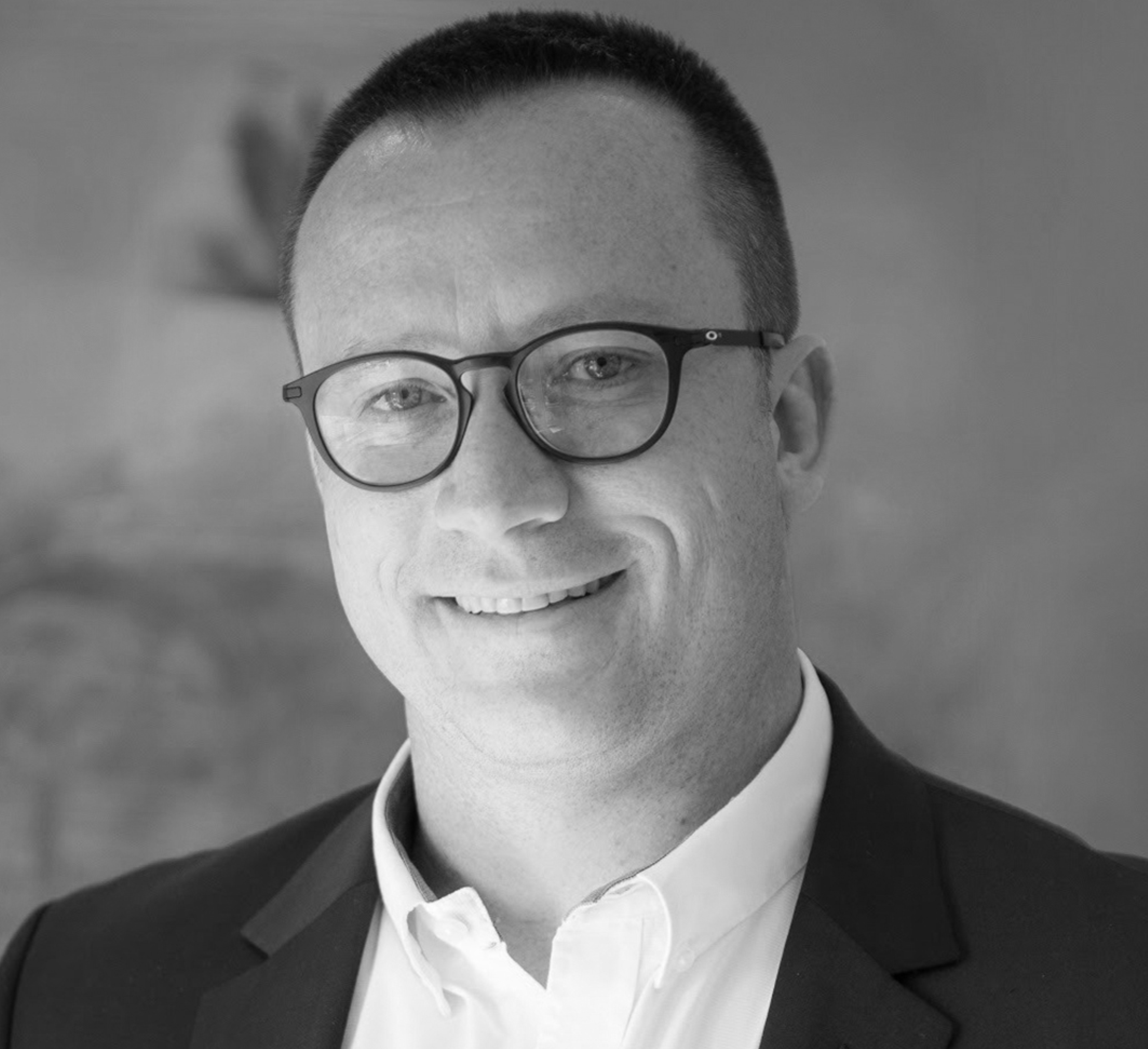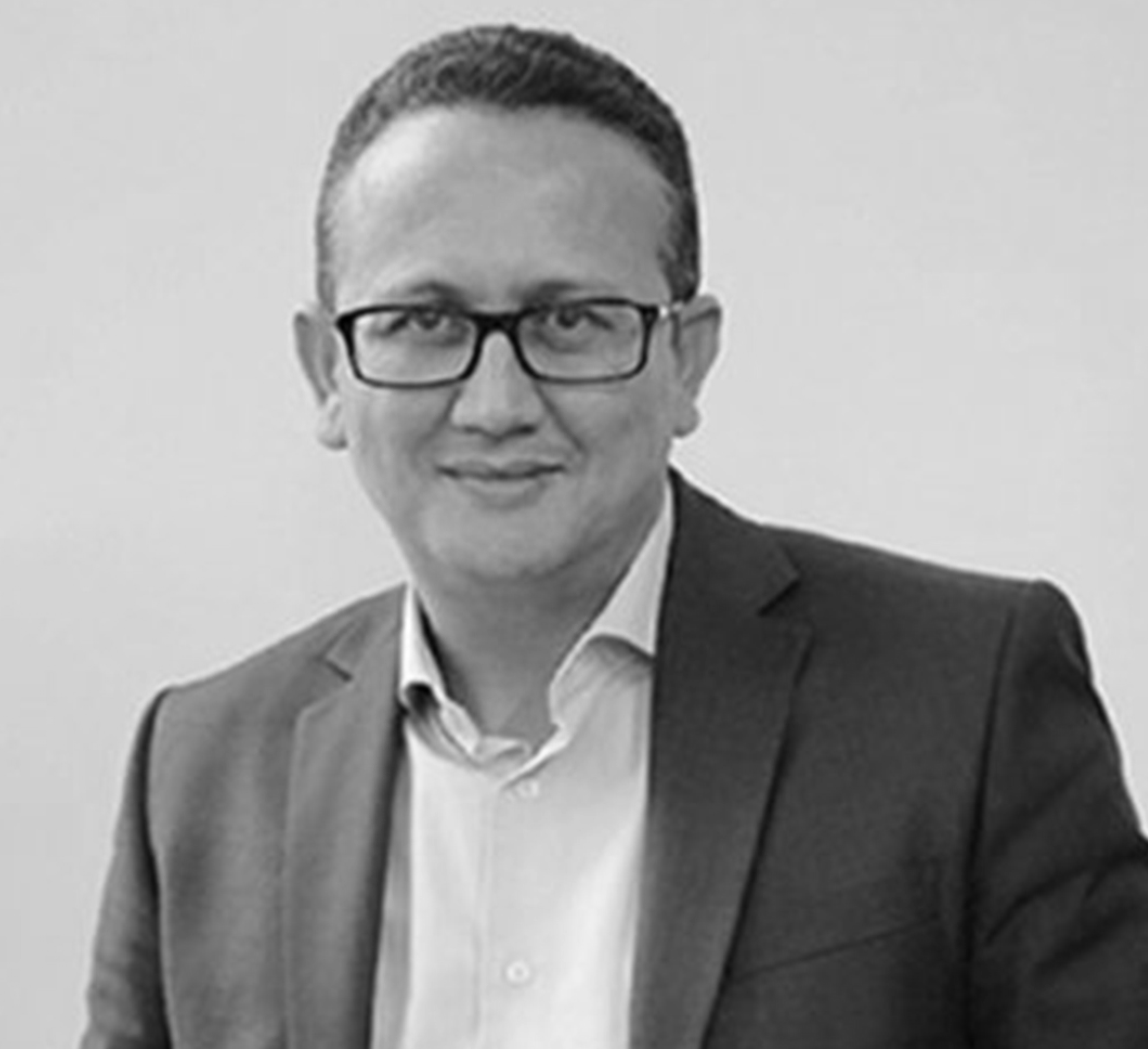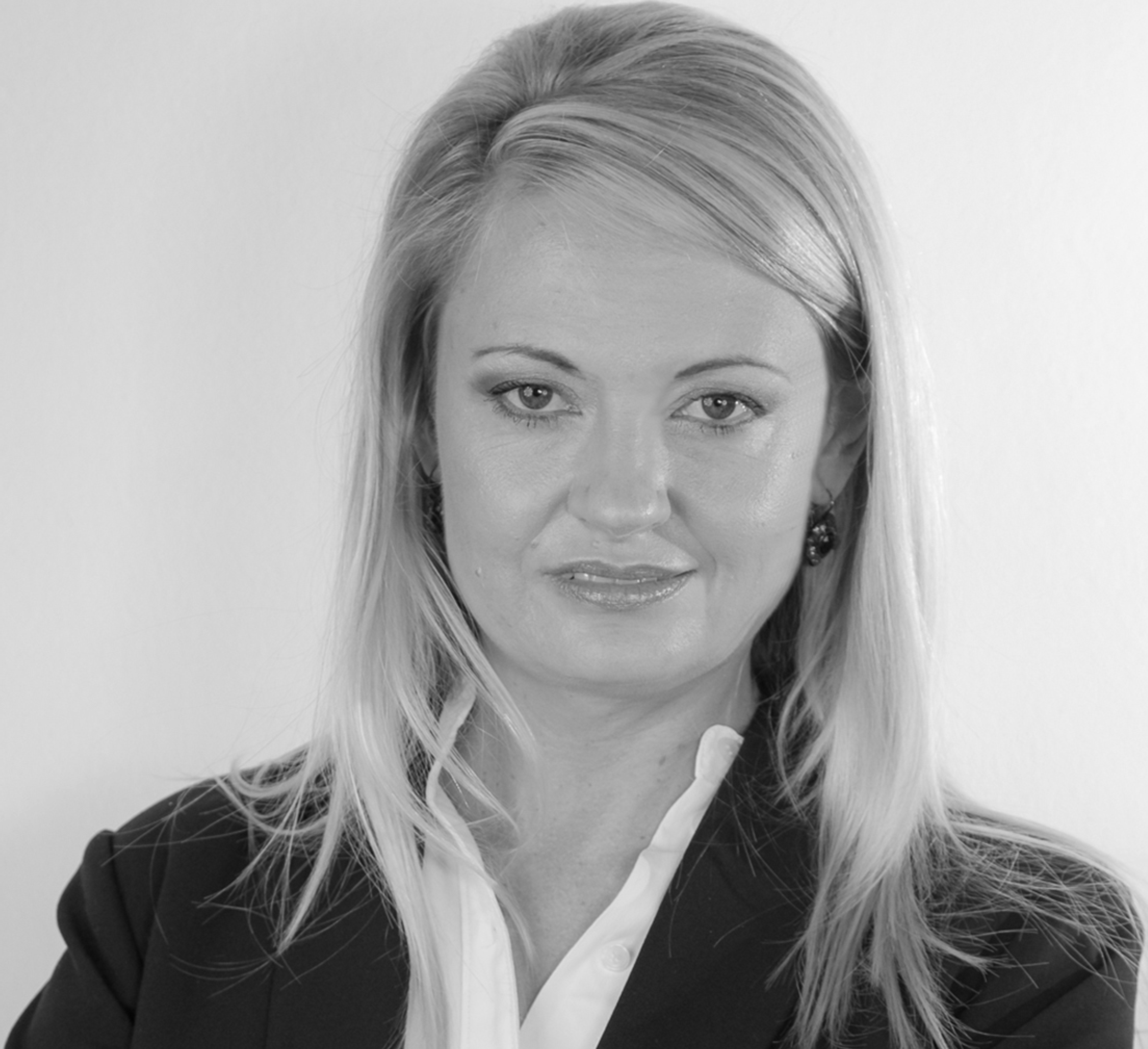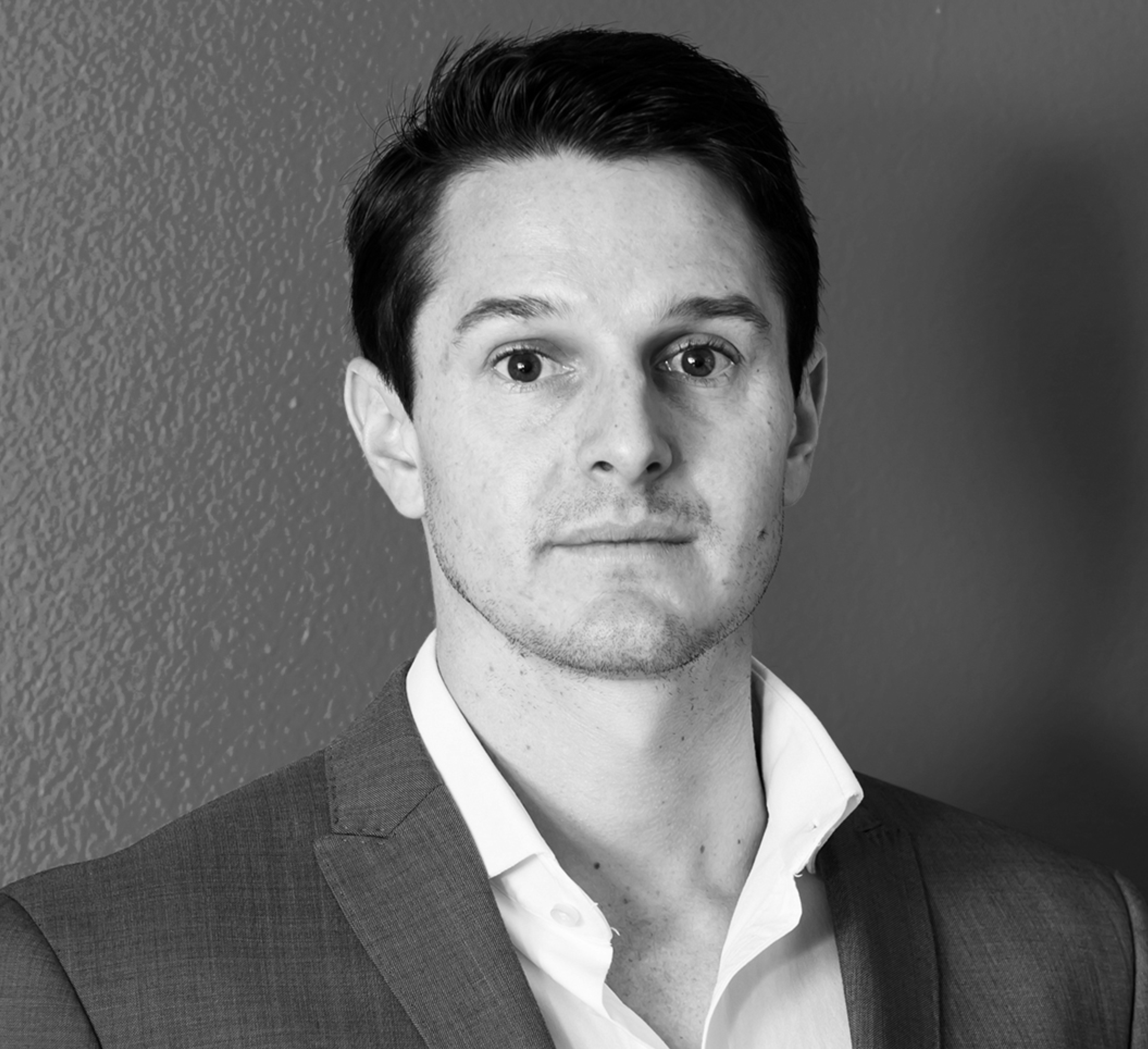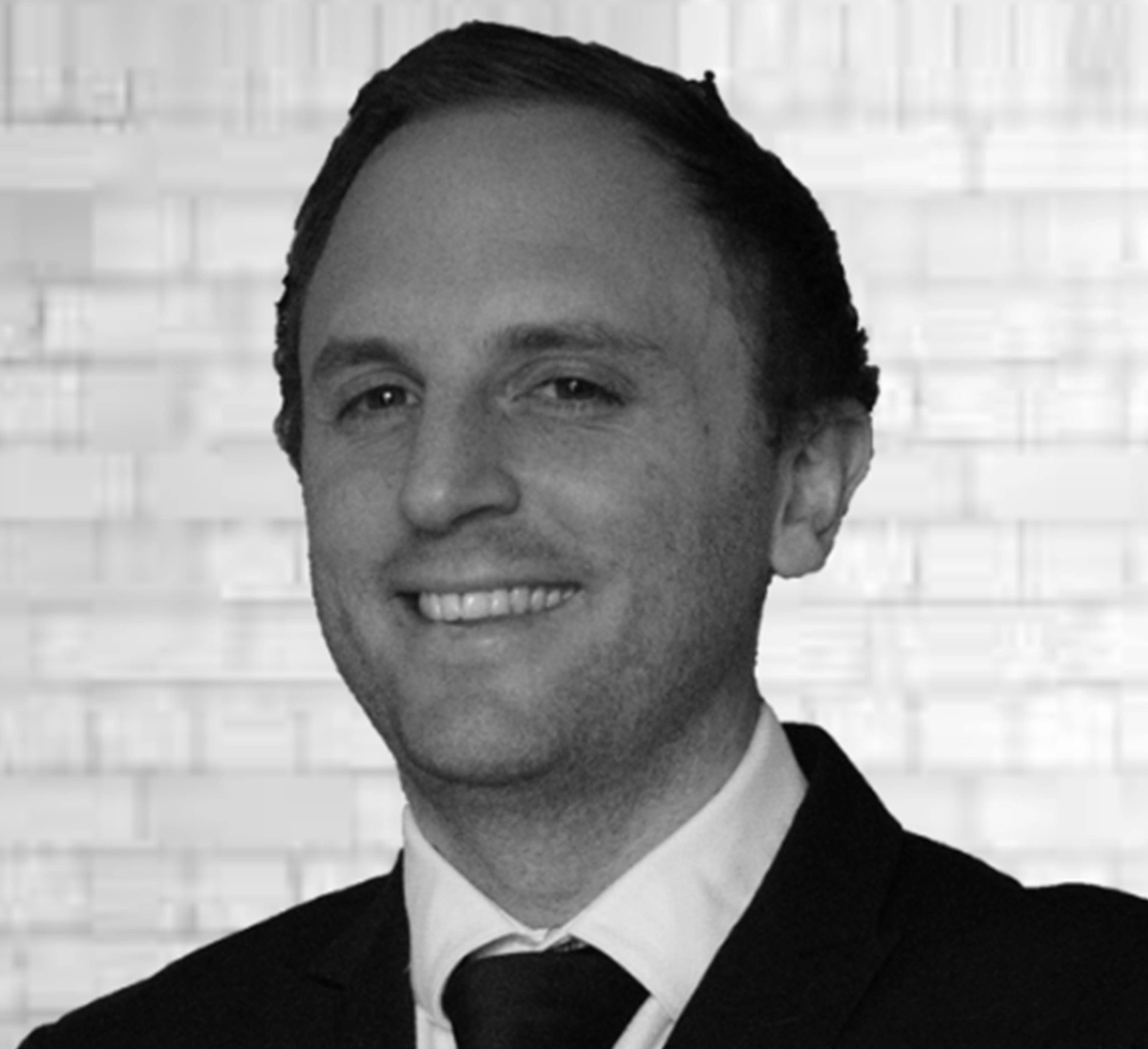84: Maarten Coetzee
Virtual Chief Financial Officer
The global pandemic has accelerated the transition to remote working in many industries, Maarten Coetzee highlights the key skills needed by a modern CFO in today’s virtual world.

CIARAN RYAN: This is CFO Talks and I’m joined today by Maarten Coetzee, who is part of a growing crop of freelance CFOs for hire. He’s a CA with an MBA as well, and he has three concurrent jobs, for want of a better word. He’s the remote CFO for tod-Z, which is an Estonian talent marketplace start-up, comprising remote senior team members across the globe, and we’re going to get into that in a minute. He’s also Executive Financial Consultant for RCL Foods and is involved in a turnaround strategy there. As if that wasn’t enough, he’s also Chairman of Directors’ Support Platform, which is a support network for South African CFOs. Also joining us is Nicolaas van Wyk, who is the Chief Executive Officer of the South African Institute of Business Accountants. Welcome to both of you.
NICOLAAS VAN WYK: It’s good to be here, thanks Ciaran.
CIARAN RYAN: Maarten, let’s kick off with this whole thing about remote CFOs, I’m starting to pick up a trend here, there are a lot of people with vast experience as finance executives and CFOs who are going freelance. Is this the way of the future and why is that?
MAARTEN COETZEE: Thank you, Ciaran, I think we need to look back over the course of the last six months or so to get an understanding of how the Covid-19 pandemic has disrupted the world, and to what extent technology has assisted us with setting up remote offices to collaborate and ensure that the organisation keeps flowing in the interim while a new normal way of doing things is being established. So the switch was almost immediate, what took a little longer for most of us was to figure out a way to rearrange the home and start feeling comfortable with having board meetings in slippers, T-shirts and make sure you know where the mute button is. On Friday last week Microsoft made an interesting announcement that employees and I say in brackets, mostly managers, who can work remotely can opt to do so permanently. Facebook and the like are in the same boat. So logistically the boxes are being ticked. Teams can operate remotely, and I think organisations like Crossover in the USA proved that a long time before the pandemic was there, with their remote working platforms. It makes sense, you are now able to obtain exactly the skills that you desire from anywhere in the world and if you are the first to embrace it, you have a very distinct advantage. The next thing I would like to touch on is how we view the business world because I’m afraid if you still see and analyse the business world in terms of industries, the bus has left a while ago, and ecosystems is the new buzzword, and has been for a while. If you consider how big a role online platforms have played in assisting us to navigate through the pandemic, it is clear that if any organisation wants to thrive in the post-Covid-19 age will have to be in a position where the barriers of industry are exchanged for an ecosystem approach to business, which will enable them to be in a position to disrupt. That is what the US$1 trillion market cap organisations like Amazon, Microsoft and Apple are enabling and why they have [indistinct] stratospheric valuations, it’s the way of the future. This is where, for me, the debate around remote CFOs, let’s broaden the scope a little, let’s say remote executive leadership, becomes interesting. The more digitally-enabled the work becomes, and by that I mean more artificial intelligence, and automation becomes the norm, the less the need to be physically present, and that does not imply never physically present, we are still human after all and no technology out there can replace face-to-face interaction, there will always be a need for that, given our nature. That has been my experience as a CFO of a very forward-thinking Estonian start-up over the last seven months.
CIARAN RYAN: Can I just jump in there with a question, you mentioned the Estonian start-up, tod-Z…
MAARTEN COETZEE: Yes, it stands for talent on demand.
‘Instead of seeking security in a job, we should seek purpose’
CIARAN RYAN: Talent on demand, explain what that is and there are obviously geographical and language challenges. You’ve already spoken about how these $1 trillion companies have been able to break down these barriers and almost reach into other businesses, so just explain that a little bit more about tod-Z.
MAARTEN COETZEE: Like you mentioned, tod-Z, the global talent marketplace start-up [indistinct] Estonia at the end of 2019 and I was then invited to join by the co-founders as CFO in March this year, just before the lockdown in South Africa started. What attracted me to join was, firstly, the idea and, secondly, the passion of the remote team that is scattered across the globe. As we know, [indistinct] is a huge global pool of freelancers, this market worth is reaching trillions of dollars and it’s gaining in popularity, especially among the younger generation because of the flexibility it offers and you can develop the lifestyle that you want. The industry has a number of challenges that we want to address through tod-Z. We want to enable talent to be assessed with specialised artificial intelligence tools that will identify their cognitive behaviour and technical abilities. These talents or freelancers will then be part of our pool of talent that we can offer to clients. Then these talents will work anonymously for the clients. So there’s not going to be any discrimination, we’re trying to get discrimination out the way or any biases, and we will offer interaction between the two parties via the platform, with engagement tools that we implement into it. Then we also do payments between these two parties or enable payments between these two parties via escrow accounts, and with projects of completion built into the tools, so that the freelancers can earn a steady income. Having done freelancing on and off since I was about 26, I can definitely see the benefits and the viability of these business models. In my view, we as humankind, we need to revisit our view on employment, instead of seeking security in a job, we should seek purpose, and to be frank, we don’t have a choice anymore. We need to understand that the roles or jobs in organisations will change exponentially going forward and we need to adapt to it.
CIARAN RYAN: Nicolaas, do you have an opinion on this idea that you are no longer deskbound, you can operate anonymously, you can operate from wherever you are. Nicolaas, do you have a viewpoint on that?
NICOLAAS VAN WYK: I totally share Maarten’s view. we find it with many CFOs who we interview is it’s a totally changing role. I recently attended a conference where one of the accountants, a large accounting firm employing trainees, was saying that they don’t even want to employ people from university anymore because the university training is so far behind. They are looking for, as Maarten said, for purpose and how you have developed yourself, whether it’s from a Udemy or from a different platform, and then if you consider that from a qualification perspective, that flows then through to the experience side. So employers are much more flexible and it’s amazing what they are now considering doing for tod-Z with that AI, doing the evaluation on competencies, that’s such an amazing tool. It’s a very expensive exercise to appoint someone, especially at an executive level, a CFO who is not fit for the company. It takes a year or two to realign that whole position again and get the company back on track, so technology is amazing in that respect. But it will place stress on universities, stress on professional bodies to also reflect that in their designations.
‘Why are human beings still relevant in business if we’ve got all these fancy tools’
CIARAN RYAN: Maarten, what do you say about that, the point that Nicolaas raised there about being under stress because they are not really equipping accountants for this role, for this modern world in which we find ourselves.
MAARTEN COETZEE: What I am seeing is that we live in a world where a lot of the work that human beings are doing at the moment, can be done better with artificial intelligence and through automation. Now, you are sitting in a position where we need to ask ourselves why are human beings still relevant in business if we’ve got all these fancy tools that are doing everything for us and better than us. The two things that stand out where we still play a very critical role, and to my mind will do so in future, is critical thinking skills and emotional intelligence. These are the skills that, if we look at C-suite executives, a good C-suite executive has already attained all of these skills but I think where the gap needs to be closed is the ability to learn because I think we need to understand that we don’t live in an information era anymore. The information that we’re dealing with and that we used to deal with in the past, is now being dealt with by automation and artificial intelligence. What we’re dealing with now is a situation where we need to enhance our ability to learn and adapt, and to ensure that the operational and strategic decision-making structures that we have are agile enough to cope with all the change that’s going to happen going forward.
CIARAN RYAN: Talk about RCL Foods and also the Directors’ Support Platform because you’ve got a number of different things that you are doing simultaneously. RCL Foods, can you start off with that, you’re doing a turnaround strategy, how is that going?
MAARTEN COETZEE: An executive team is special when it’s always looking for another perspective on how to approach a [indistinct] scenario. I am very impressed by how receptive the executives in RCL are to change and their appetite to revisit the way in which they have been conducting business. So the project I am busy with at the moment is the [indistinct] during the pandemic, and I have seen the same drive to really optimise their performance and exceed expectations. So, in a nutshell, my experience with these turnaround projects is that unless you are brought in as a CEO or a managing director with an open mandate to execute the way you want, a turnaround initiative can only really work if the change is driven by the executive and you have the right people on the bus with a clear objective and it’s communicated properly, and that’s what I am seeing in this instance. So that’s why things are looking good at the moment and I’m sure that the project will turn out to be great.
CIARAN RYAN: I guess one of the questions that comes to mind when you’re doing a business turnaround strategy is you’re moving into an organisation that’s already in trouble and you’ve got some bad habits that have been established and allowed to embed themselves in the organisation, is that part of the turnaround strategy that you had to break bad habits?
MAARTEN COETZEE: I think if you look at the RCL structure and where they are now and how the business has transformed to this point, I don’t think it’s necessarily a situation where things have gone bad because of bad practices. [Indistinct] fairly new with quite a few recent acquisitions and it’s a matter of integrating all of that into their structure that they want for the future, so that is turning the businesses that they acquire into the businesses that they want, and that’s what we are busy with.
CIARAN RYAN: Now, talk about the Directors’ Support Platform, what is that and does it apply to CFOs, finance executives, C-suite, what is it?
MAARTEN COETZEE: That’s a very good question, I will explain by giving you an indication of where it all started. So I joined this network, which was launched by a seasoned and enthusiastic entrepreneur named Anton Stegmann in around mid-2019, and I saw something special about the interactions that were taking place here. So the environment that the founders of the network had created had a very similar feel to it of a typical business school lecture or discussion but not around a distilled case study. So this was a safe environment, guided by Chatham House Rules, where you can bring real business issues that you are facing in your organisation to the table and share it with other executives and get input from them based on their previous experiences. If there was something else in the network that could assist with the scenario that you were facing, you were introduced to someone, an expert, outside the forum and you could discuss the situation with that person. So I really bought into it, it really helped me a lot and I advocate this absolutely. So Anton asked me to join this platform as one of his chairpersons and I am enjoying it immensely, especially during this Covid-19 age that we are sitting in. What I am seeing is that this is a great platform for executive education because there’s no book at this point in time or no course at this point in time that will give you the answers you are looking for at the flick of a finger. To sit around a table with executives in the same boat as you, and that’s from a global perspective, and discuss the issues you are facing and potential solutions that other people have implemented that have worked, that can give you a better indication of what to do going forward. So I really endorse it and I don’t think people have a choice anymore but to get involved in these critical discussions. I really think it’s the best way to resolve where the world is at this point in time and what we as humankind are facing going forward at this point in time. We really are in a position where if we don’t change our ways, we are facing a disaster, and to enforce that change will mean that we will have to have critical discussions. So these types of forums create a safe space for you to do that.
‘Academia will have to evolve into preparing people for a world where there is hyper-learning’
CIARAN RYAN: From your viewpoint, let’s talk about the role of the CFO, it’s going to be an exponential change in the way that the CFO operates. Now, does academia adequately prepare you for this role or there are some things that are only learnt on the job and through networks like the Director’s Support Platform.
MAARTEN COETZEE: Maybe we should look at accounting and the finance function from a broader perspective and how it is evolving. So I see start-ups as the breeding ground for what lies ahead. So it’s so refreshing to see how countries like Estonia, which is at the cutting edge of the digital age, is simplifying governance and legislation and are enabling their residents, including the e-residents, to focus less on administration and focus more on administration and growth. So in Estonia the accounting, secretarial and administrative functions are mostly decentralised and automated for start-ups in Estonia, and you get a central service provider in the country that manages that on your behalf, so let’s call it a country office. That enables you to focus on your business as CFO in this environment and ensures that you stay relevant and ahead of the curve in terms of funding, performance and the latest tech that you can source through partnerships. If we look at the world of auditing, their [indistinct] and control testing will be automated almost completely in the near future as well. So the game is changing very rapidly, so education, as well as the role that accountants will play in future will have to adapt. So academia will have to evolve into preparing people for a world where there is hyper-learning, and that’s a fancy term that I am reading about at the moment, is what will be the key for humans to be comfortable with. If you look at the picture that I have painted, looking at start-ups, it’s very clear that you need to have a very clear understanding of what the mechanics are behind all technology that will replace the administrative side of the profession going forward.
CIARAN RYAN: Let me just get Nicolaas to jump in here as we are talking about the evolving role of the CFO. Nicolaas, Maarten is talking about Estonia as an example of a country which is so forward-thinking that most administrative processes are being automated, even the audit function in the very near future is going to be totally automated. So the role of the accountant and the bookkeeper, where do they fit into all of this?
NICOLAAS VAN WYK: I’m very interested in Maarten’s story, and if I look at his LinkedIn profile, you see how he’s developing his career. I would love to talk to him about his experience at Sasol and everything before that, and then there was a change in trajectory, and like he said, I suppose hyper-learning started to reveal itself and now he’s a successful virtual CFO, part-time CFO, using all those corporate skills. Especially with a CFO, it’s a complex profession, it consists of many, many building blocks to get you to be this expert and then also developing a special skill to support other businesses with this skill. So it supports Maarten’s point that we as humans should develop those critical skills, engagement skills, training skills and upliftment skills, but still a core is required to get those experiences. That is why as a professional body we are mandated or forced to change our designations and look more at a designation that reflects what people are currently doing because it’s much more flexible than in the past, you don’t just study something, do articles and then you have a designation. So we developed a designation called CFO (SA) to address this variety of experiences of CFOs. So universities, professional bodies, employees and CFOs all need to adapt. So it’s a very interesting story that Maarten is sharing with us. It’s also a very exciting time, if you think about it, because we are creating something new and I suppose we’re also freeing ourselves from the mundane, like we did in the past.
Ensuring organisations are agile enough to be disruptive
CIARAN RYAN: Maarten, have you got any comments on that? For example, what are the key skills you believe a CFO is going to need in this modern and remote world?
MAARTEN COETZEE: I think the point I was trying to make in referring to Estonia and the way they operate in decentralising most of the functions, and what I am seeing is that you as CFO will have to keep your eyes on what is going on out there in the world, what’s the latest technology that can give you the best information for decision-making and take your organisation forward. So your ability to operate on a global scale to form the right partnerships, to bring the right technology into your organisation is going to be a critical skill and for you to enable your organisation and its structures to adapt to that is going to be essential. Let’s face it, today’s and yesterday’s CFOs and CEOs they already have good emotional intelligence skills and they already have good critical thinking skills but now what becomes important is to make sure that you make the organisation agile enough to adapt and be a disruptive organisation, rather than being a disrupted organisation. So the base skills that you learn in universities these days is knowledge that you still need and you need to have an understanding of how a business functions and how it should work in an organisation today to enable you to transform the organisation for the future to make sure that this organisation stays ahead of the curve.
CIARAN RYAN: Tell us a little bit about yourself and your career journey and how you got here, where did you grow up and where did you go to school?
MAARTEN COETZEE: I grew up all over the place in South Africa, my father used to move around a lot, he used to install systems for organisations as a financial manager in organisations, and as soon as the system was installed, he was looking for the next challenge. So we moved around quite a bit, he decided to settle down in a small town called Marble Hall, he grew up in a farming community and he enjoyed this vibe and he started his accounting practice there. So that’s where I spent most of my school years and the school I went to was Ben Viljoen High School, which is in the town next door called Groblersdal. So that gave me a base for education and then I followed the family rule of going to Bloemfontein to study and I got my BCom degree there. Then I moved back to Johannesburg because that’s where the opportunities were, I did my honours degree in Johannesburg, I did my articles in Pretoria and then I went into private practice for about a year-and-a-half, and just finishing my CA and at that point in time I was busy with a masters degree in South African and international tax, I was just outgrowing that space a little. So I decided to approach Deloitte Consulting and that’s where my corporate career really kicked off. Within about a year-and-a-half I landed at Sasol and I stayed there for about eight years. During that time, I was afforded the opportunity to do an MBA, and upon completion thereof I saw my career ahead of me and it was not going to be within a bigger group. So I went to Deloitte again and I indicated that I wanted to have CFO roles but in organisations where there was a bit of disruption, something like [indistinct] or there was an upset and things needed to be pulled into a direction again, where it was intended by the board. So that I did for about a year-and-a-half and then I was approached by Accéntuate Ltd., where I became the group CFO for them for about three years. What’s interesting about that situation is that it was also a disrupted organisation, there was fraud in one of the divisions, so they needed a bit of restructuring. Soon after I joined, the construction industry in South Africa collapsed, so there was a lot of collaboration and teamwork involved in keeping the company afloat. I think we were operating in reported uncertainty around their going concern for about two years. As a result of that, I eventually left. That’s how I landed up being a chairperson for Anton Stegmann, his platform, I got approached by tod-Z in the meantime and I also got approached by a headhunter to join RCL Foods in some of their projects. So it’s been an interesting ride.
CIARAN RYAN: Are you based in Johannesburg or where are you now?
MAARTEN COETZEE: I am based in Johannesburg, yes.
CIARAN RYAN: Of course, that doesn’t really matter anymore in this virtual world that we’re talking about. It’s an interesting story. What books would you recommend, not necessarily technical books, but for people who want to stay on top of their game, and they want to prepare themselves for this future that you’ve been outlining.
MAARTEN COETZEE: I think two books that I would like to recommend are 21 Lessons for the 21st Century by Yuval Noah Harari, and the second book I would like to recommend is a new book called Hyper-Learning: How to Adapt to the Speed of Change by Edward D. Hess. In my view, Yuval Harari’s books and his views about history and the future are so focused on the human condition but it gives you quite a comprehensive view of how we will evolve, given our nature. Professor Edward Hess, in his latest book, gives us a clear glimpse of the exponential extent to which things are changing in the world and how to approach this trend and stay up to date, which has become essential skills as a business leader. So to my mind, to be a good business leader you need to be able to build very strong networks and be able to assess what technology is out there that will get your business to the next level.
CIARAN RYAN: Maybe just explain what is hyper-learning?
MAARTEN COETZEE: Hyper-learning, I think we at this point in time, without taking into account all the changes that are occurring, we still think, and before I started reading the book I used to think that taking something that excites you and learning about it is what it’s about or for you to learn to do a job is what it’s about. But hyper-learning indicates to you that the world is changing at such a pace that you basically cannot sit with baggage anymore at the back of your mind, you have to walk into this world, especially in a C-suite role, with a clear mind and an open perspective as to what is coming next. [Indistinct] a situation where you have to revisit point A to point B continuously in order to arrive at a strategy that will get you from A to B the quickest and will put you ahead of the rest of the crowd. So it really is a completely different mindset that you need to have and I really encourage people to read this book.
CIARAN RYAN: Fascinating, what a fascinating concept. Nicolaas, is there any final question that you wanted to ask Maarten or any comments that you wanted to make?
NICOLAAS VAN WYK: Thanks for sharing that book, I think a lot of CFOs will find value in that, it’s a very interesting term. I think we are experiencing it but we can’t name it yet, so there you go, hyper-learning.
CIARAN RYAN: I think we’re going to leave it there. Maarten Coetzee thank you so much for talking to us and what a fascinating story that is, just looking at the future, it really is a look into the future of what’s in store for us as organisations and as CFOs. Let’s stay in touch, I’m very curious to see how the next six months and the next nine months, 12 months play out because this thing, as you say, is changing exponentially, and I imagine when we talk in six months it will be an entirely different conversation, what do you think?
MAARTEN COETZEE: I do think so, yes. We haven’t landed yet on a 2B for where we are in the world. Everyone is still in conversation about how to cope with the current situation. I think by the time we reach the point where we have a vaccine for Covid-19 and we see it’s effective, that’s the point in time when people will really start looking ahead and not fearing for their lives because you don’t know what this virus will do to you, that’s the unfortunate situation.
CIARAN RYAN: Fantastic stuff, Maarten, thank you very much for joining us, and Nicolaas van Wyk as well, thank you both for coming onto CFO Talks today.
NICOLAAS VAN WYK: Thanks Maarten, thanks Ciaran.

